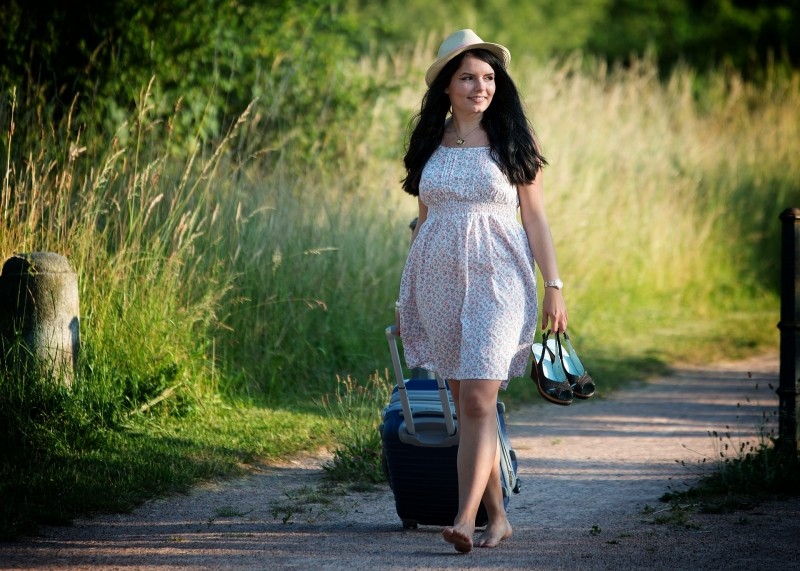12 most common cultural mistakes by tourists
Travelling abroad requires a lot of researching, from buying your beachwear to plotting your route off the beaten track. However, many people neglect to think about the cultural differences in their destination. This can cause some embarrassing situations. In the most extreme cases, you could end up in prison.
Public behaviour
Countries have different ideas of what is acceptable behaviour in public. Nudity and public drunkenness may be treated more sternly abroad.
Tipping
Its lovely to give your friendly waiter a reward for their great service, but the etiquette varies by culture. In the US, you should give enough to top up their wages, but in many parts of Asia, tipping is considered rude.
Criticising
Whilst you may hear local people criticising their government, a popular celebrity or annoying habit, it does not mean you can as well. The same goes for controversial conversations like politics, religion and money.
Packing
Pack for the weather, the number of days you are staying and how you need to cover up for certain tourist spots like churches. Many tourists go overboard or lack the appropriate clothing for their holiday destination.
Illegal activity
Many laws, such as drug restrictions may be far stricter abroad than back home. For example, chewing gum is illegal in Singapore and can hit you with a $1000 fine. Being caught naked is also a notoriously controversial one.
Valuables
At home, you might leave your door unlocked and not pay attention when you are outside. Be more cautious on holiday and take care of anything expensive or precious.
Photography
Sure, your Instagram snaps are one of your best mementos of that great trip, but be aware of your surroundings. The Foreign Office warns travellers that taking photographs, videos or using binoculars may be misunderstood, especially near military installations, with grave consequences.
Environment
When you visit heritage sites and explore nature, be respectful of the effect you can have. Don’t steal historical artefacts, buy wildlife souvenirs or chip off parts of famous landmarks.
Scams
Being in an unfamiliar environment can make you particularly vulnerable to people looking to prey on tourists. From shady taxi drivers, to people offering to help you take a group photo with your expensive camera, stay vigilant and research a country’s most common scams.
Food
Order a dish with a familiar name abroad and you might end up with a nasty surprise. From crisps to chips and jam to jelly, this can be a minefield of culinary disasters.
Body language
Body language and common mannerisms can also vary by culture. For example, in Greece, Iran, Lebanon, Syria, Turkey and many more countries, nodding means no.
Religious customs
Many countries have religious behaviours very different to those you may be familiar with. Be open to new experiences and respectful of other cultures and you will be fine. A good example is the Papal Swiss Guards at Vatican City, whose dress looks unusual, but they still carry weapons.
If you are interested in the principles behind tourism management, find out more about our Strategic Tourism and Hospitality Management courses at CU Coventry, CU Scarborough or CU London.


